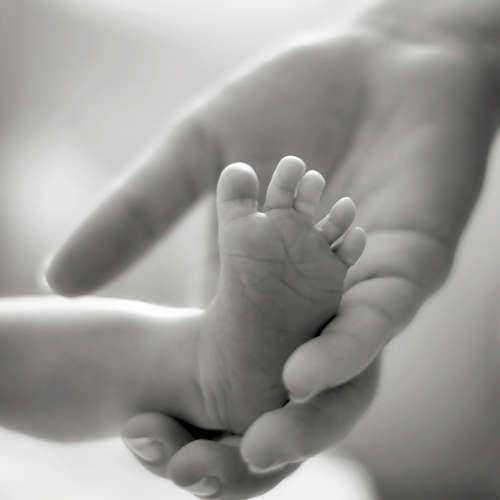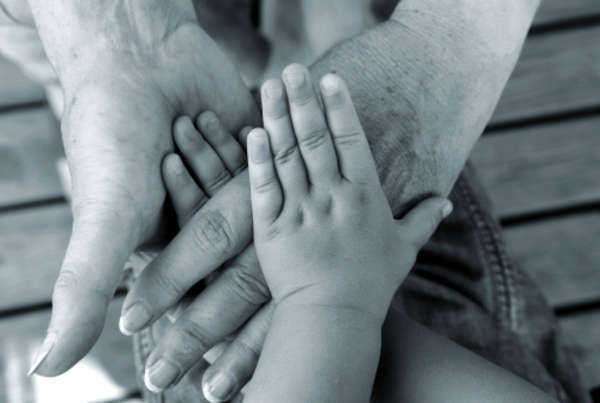What You Need to Know To Change a Child’s Last Name

In the United States, legal adults have the Constitutional right to change their given name. However, a name change regarding a child will prove to be more complex.
To change a child’s last name will require the consent of the parents. Because fathers have the traditional right to have their children bear their last name, he will have to provide for consent for the name change. However, if the father has abandoned legal obligations to the child, such consent will not be needed.
Situations involving the name change of a child will ultimately be determined by the courts at a judge’s discretion. A formal petition or application to change a child’s last name will be required, which is to be filed with the local county courts. An affidavit of consent will be needed from the father, which is to be signed and notarized along with the formal petition.
Upon submitting all proper documents, the courts may hold a hearing in order to determine the nature of the name change and will make a decision based on the reasons provided by the parents.









